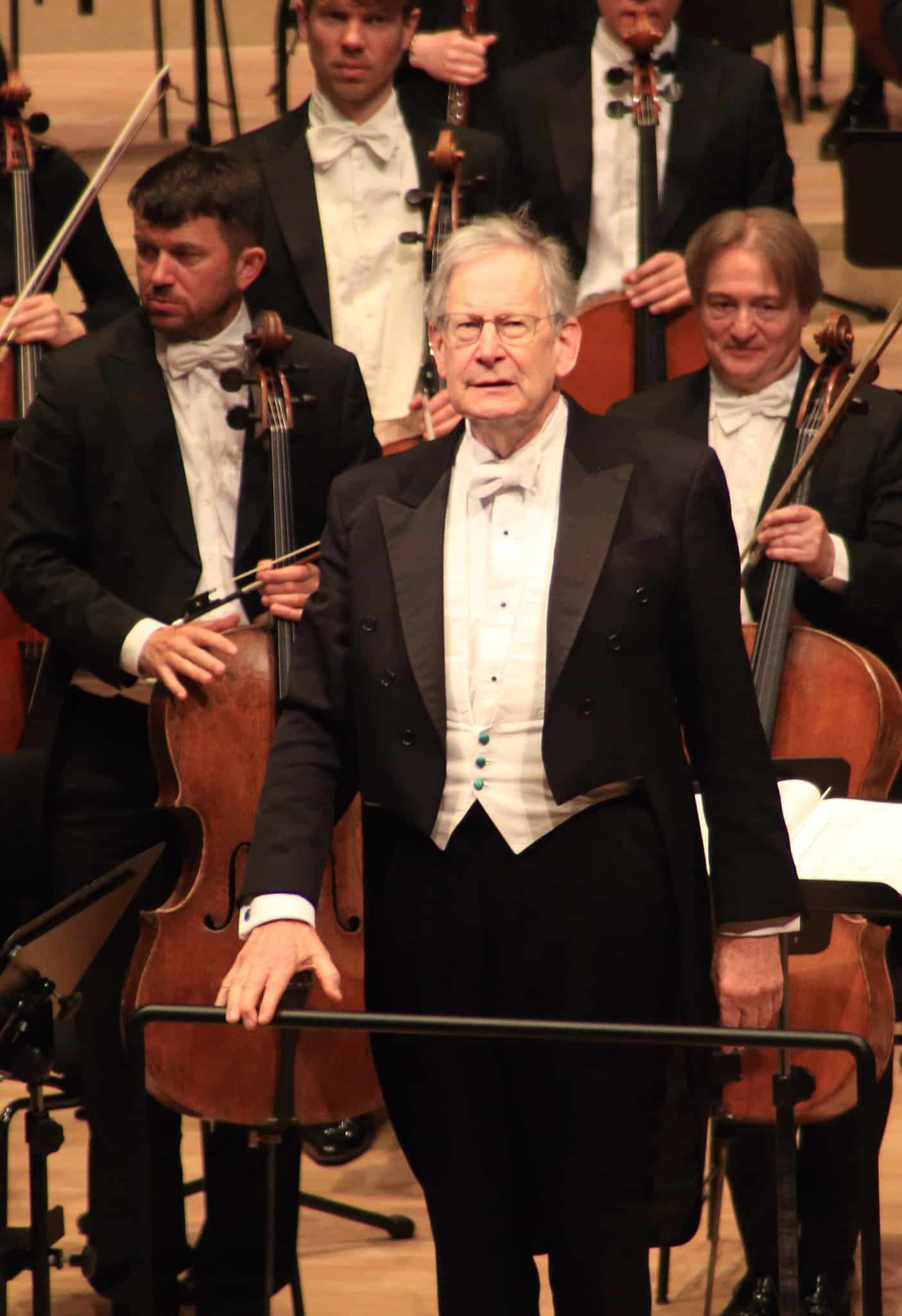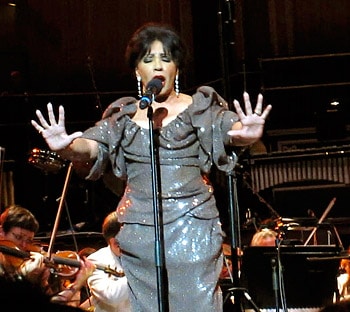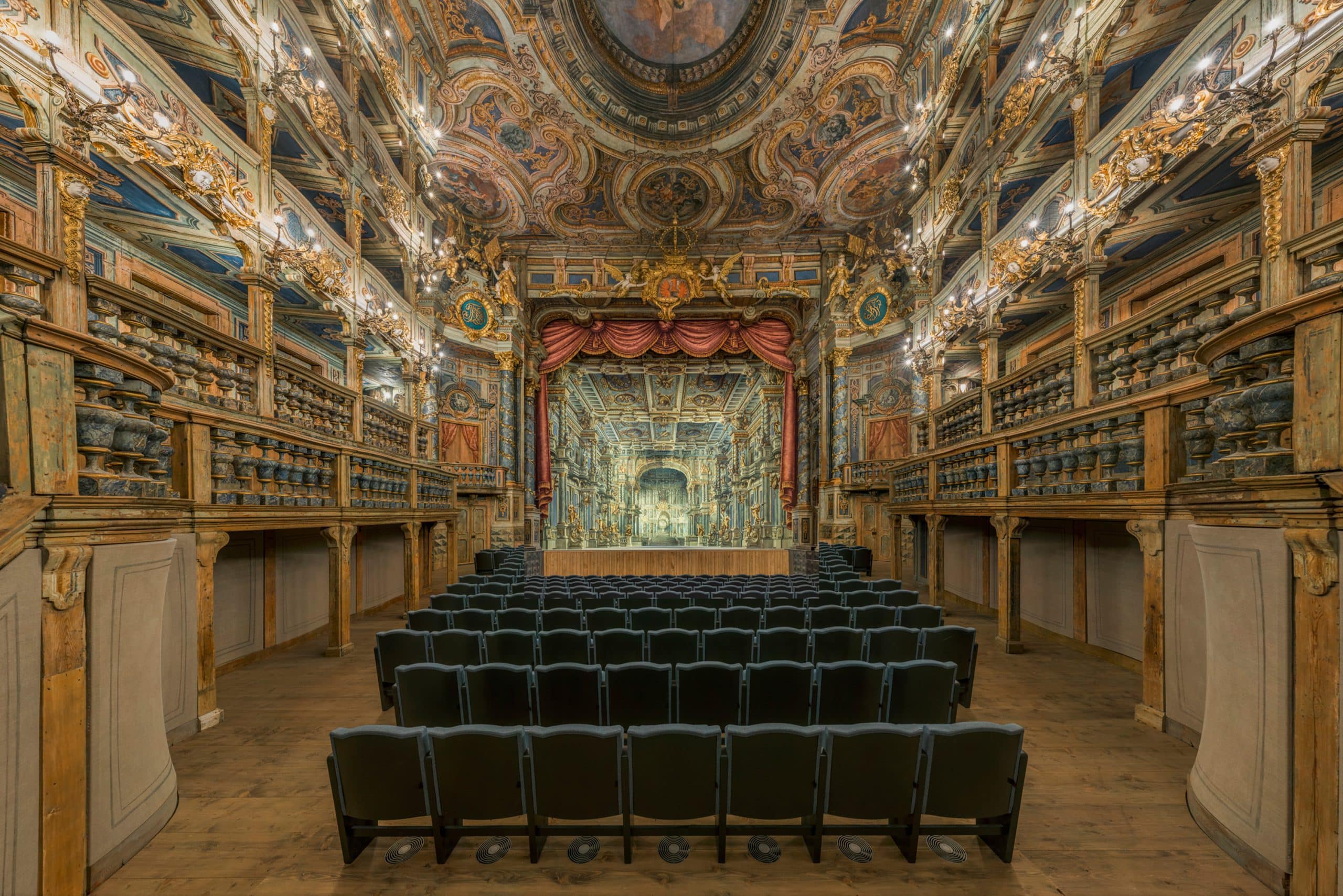A breakthrough night with Harrison Birtwistle
NewsI went to see Mask of Orpheus three times in its first run (of six) at English National Opera and did the same when Gawain came five years later to Covent Garden.
Birtwistle’s music pulled no punches, offered no easy listening.
My companion one night at Gawain was an Israeli psychotherapist who specialised in the rehabilitation of young men with head wounds. She was rather worried that this opera would be way too modern for someone who had yet to get to rgips with late Stravinsky. I assured her that she would either get it, or not.
Midway in the second act, when the knight’s head is being severed for the second time, I looked across at my companion. Tears were streaking either side of her face. Birtwistle’s music had got right through.





Think you may be mixing Orpheus and Gawain?
You’re quite right: thank you!
Your story is very apt though. Logically I know that the death of someone at 87 after a long and fulfilling life is not a tragedy, but I feel very very sad today. An important part of my life has gone.
In July 2020 during lockdown I was walking on Newcastle’s Town Moor listening to (and enjoying) what served as the opening prom concert that year. It included a repeat of Harrison Birtwistle’s Panic from 1995. We have cows grazing freely on the moor in the summer. During the performance I came upon a large black cow which was blocking the pathway. I stopped some distance away, took off my earphones, and we stood looking at each other. I could hear the high frequencies of Birtwhistle’s Panic coming from my chest. I stood still and silent. The cow calmly walked towards me and put her head against my chest and listened. After a while she raised her head and gave me a lick across my face before walking, rather elegantly, back to the herd.
I only discovered recently that Birtwhistle said that the title ‘refers to the feelings of ecstasy and terror experienced by animals in the night at the sound of Pan’s music’. Perhaps more ecstasy than terror for this particular animal.
I read this story in an entirely different way. But I will refrain.
I was at the very first performance of Gawain at the Garden.
It was hilarious listening to the audiences reaction to the headless Green Man come on holding his head by it’s hair. Walking slowly on in time to the music, with I assume John Tomlinson in the wings, he walked down centre stage directly in front of Colin Davies. The eyes in the head moved round from gods to stalls, and right on cue, the mouth opened and the head “sang.” Everyone jumped and I’m not exaggerating, and then all laughed nervously. I think the head was constructed by the Splitting Image people.
The opera was far too long and was shortened for its revival.
Yes like the one Spitting Image had of Maggie Thatcher at the time! Horrendous!
Elgar Howarth conducted the premiere.
Here’s an interview I transcribed for Bruce Duffie on WNIB when Harrison Birtwhistle was in Chicago. I enjoyed listening to them both talking.
http://www.bruceduffie.com/birtwistle.html
Modernism has always appealed to the uncultured, since it was itself an anticultural movement. Hence the ‘celebration’ of depravity and violence and horror, of which HB’s work is an excellent example.
I usually find your comments interesting, but I have to disagree with your interpretation of works like Gawain celebrating depravity, violence, and horror. Do they do so any more than Sophocles’ Oedipus, Euripides’ Bacchae, or Ovid’s Metamorphoses (which is full of horrendous things — Tereus and Philomela, anyone?)? If you condemn them also, then I think you are on thin ice.
It’s not the subject or the theme, but the way it is represented. Note that the ‘terrible occurances’ in the ancient Greek plays were mostly communicated by ‘the messenger’, they were not presented as such on the stage. Only in the late roman period (when decadence took hold), literal representations became popular, for shock value. So, we know what that means.
I would argue about “shock value.” It’s merely a different aesthetic. And it was not just the late Roman period — Seneca was writing in the middle of the first century AD, for example. Ovid around the turn of the millennium. Of course there is a large number of early baroque operas dealing with some pretty horrid myths.
Where do we see in baroque opera, on stage, bloody scenes comparable with HB’s fantasies? I can think of none – unless some crazy Regietheater crank had his hands on it.
I knew you’d never stick to your promise to refrain!